The strange thing about the liturgy for the Solemnity of the Blessed Trinity is that the readings do not seem to speak about the Trinity. At Christmas we read the Gospel story of the birth of Jesus. On Easter Sunday we listen to the biblical story of the apparitions of the risen Lord. At Pentecost we read the scriptural narrative of the descent of the Holy Spirit on the Apostles gathered around Mary. On Trinity Sunday, however, the readings do not speak about the Trinity. Instead they speak about love.
Indeed, in the first reading, Moses watches God pass before him and sees that God is a God of tenderness and compassion, slow to anger, rich in kindness and faithfulness. In the Gospel reading, Jesus explains to Nicodemus that “God loved the world so much that he gave his only Son, so that everyone who believes in him may not be lost but may have eternal life.” And in the second reading, St. Paul writes to the Corinthians that true happiness comes when the God of love and peace remains with them.
But this precisely is the point of the mystery of the Trinity. The Trinity is Love. The Trinity is another expression of the Johannine statement, “God is Love”. The mystery of the Trinity is, therefore, nothing else but the mystery of God’s love.
The Trinity is God who is love. If God were not love, he would not need to be triune. He might as well be a solitary God. But because God is love, he needs to be a community where love is shared, where love is given and received. He needs to be a community where there is interaction and dialogue, communication and communion. Indeed, in God, interaction and dialogue, communication and communion is so intense and complete that it overflows into the world and embraces all of humanity. The Trinity is, therefore, also mission-or God’s ongoing dialogue with humanity, inviting and drawing all of humanity into perfect communion with the divine community. In the trinity, then, community and mission become one. The Trinity is community-in-mission.
Our religious vows, which bind us together as a community, link us intimately to the Trinity. Indeed, I believe we can say following three statements:
First, in the Trinity, the Father is the person of total giving. For all that the Father has and is, he gives to the Son. Thus, the Father forms the basis of our vow of poverty. For the vow of poverty is about giving. It is the capacity to give to God and to God’s people not just all that we have, but also and especially all that we are.
Secondly, in the Trinity, the Son is the person of total receiving. For all that the Son has and is, he receives from the Father. The Son, then, grounds our vow of obedience. For the vow of obedience is about receiving. It is the capacity to receive completely in our lives God and his will and God’s people and their needs.
And thirdly, in the Trinity, the Holy Spirit is the person of total loving. For he or she is pure love between Father and Son. Thus, the Holy Spirit is the basis of our vow of chastity. For the vow of chastity is about loving. It is the capacity to love purely and completely, that is, the capacity to love without possessing.
The Trinity is therefore a community characterized by total giving, receiving and loving – a giving, receiving and loving that overflows into and embraces the world. If we truly live our vows, our religious community will also be characterized by genuine giving, receiving and loving – and one that overflows and embraces the world outside our community and leads us to mission. In this way, like the Trinity, we, too, become a community-in-mission.
I believe we can say that in God’s heart there is a fire that burns. And this fire is the Trinity – or the reality that God is love. This love is both a fire that warms and creates community and a fire that rages and sends out on mission. This vision of God was also like a fire that burned in the heart of Arnold Janssen and the founding generation of our religious missionary family; a vision which molded the mission congregations he founded; a vision which found expression in the prayer he bequeathed to us: Vivat Deus Unus et Trinus in cordibus hominum! “May the one and triune God live in the hearts of all people”.
In a certain sense, this particular expression of the Trinitarian vision was a reflection of the theology and spirituality of the time of the founder and stressed the indwelling of the Trinity in the individual. Today we may prefer a broader expression of the same Trinitarian vision which underlines the notion of the one and triune God drawing all of humanity into fullness of communion of life and love in the divine community. Our prayer may then be: Vivat humanitas una et pluriformis in corde Trinitatis! “May all of humanity, united in its diversity, live in the heart of the Trinity”.
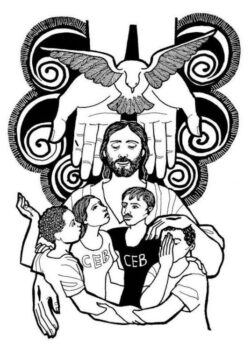 Dear Confreres, the Solemnity of the Holy Trinity is a good opportunity to reflect on our community life as Divine Word Missionaries. For, as c. 405 puts it: “The solemnity of the Holy Trinity is our principal feast. In it we celebrate the mystery on which our missionary vocation is founded: the sending of the eternal Word and of the Holy Spirit. We are sent to proclaim the splendor and love of the Triune God and so make it possible for others to enter the fullness of divine life through baptism”.
Dear Confreres, the Solemnity of the Holy Trinity is a good opportunity to reflect on our community life as Divine Word Missionaries. For, as c. 405 puts it: “The solemnity of the Holy Trinity is our principal feast. In it we celebrate the mystery on which our missionary vocation is founded: the sending of the eternal Word and of the Holy Spirit. We are sent to proclaim the splendor and love of the Triune God and so make it possible for others to enter the fullness of divine life through baptism”.
One guide for such reflection is the section on community of the Statement of the general chapter 2006 (IDW 6, Sept 2006, # 34-50). In the introduction to this section, we read:
“We are a community of brothers from different nations and cultures and we strive to be a living symbol of the unity and diversity of the Church and the Reign of God (c. Prologue). Our communion is ultimately rooted in the mystery of the Triune God who is a community of love. Through the evangelical counsels, we bind ourselves to Jesus Christ, and his Body, the Church, and together we give witness to the coming of God’s Reign. In this sense community life is already mission, a shared responsibility of all members” (IDW 6, Sept 2006, # 34).
Community life is already mission! Can we really say that the community life in our province/region or local communities is already mission? Does our community life in the concrete proclaim the Reign of God? It would, I believe, if we take to heart the prayer: Vivat Deus Unus et Trinus in cordibus nostris.
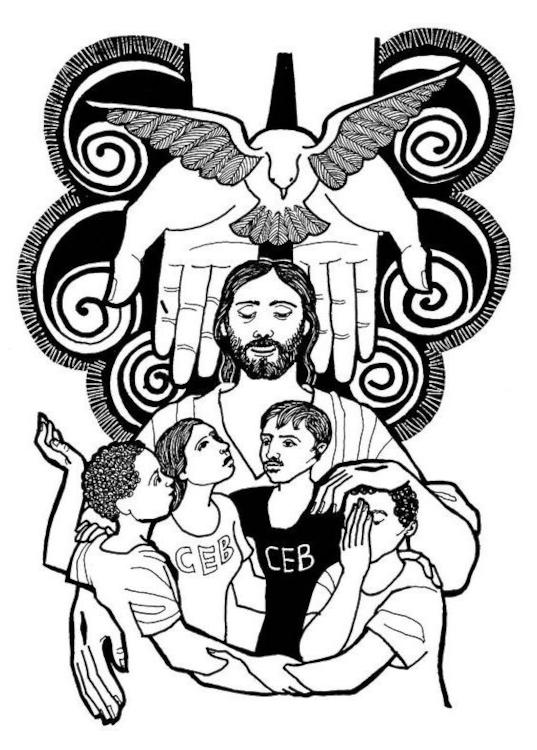
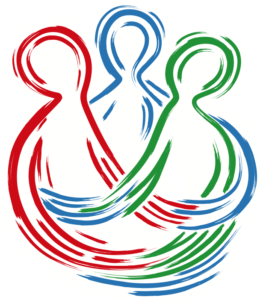
 Dear Confreres, the Solemnity of the Holy Trinity is a good opportunity to reflect on our community life as Divine Word Missionaries. For, as c. 405 puts it: “The solemnity of the Holy Trinity is our principal feast. In it we celebrate the mystery on which our missionary vocation is founded: the sending of the eternal Word and of the Holy Spirit. We are sent to proclaim the splendor and love of the Triune God and so make it possible for others to enter the fullness of divine life through baptism”.
Dear Confreres, the Solemnity of the Holy Trinity is a good opportunity to reflect on our community life as Divine Word Missionaries. For, as c. 405 puts it: “The solemnity of the Holy Trinity is our principal feast. In it we celebrate the mystery on which our missionary vocation is founded: the sending of the eternal Word and of the Holy Spirit. We are sent to proclaim the splendor and love of the Triune God and so make it possible for others to enter the fullness of divine life through baptism”.
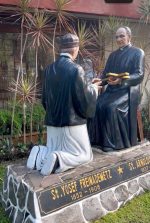
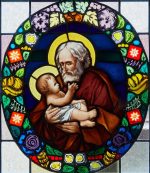


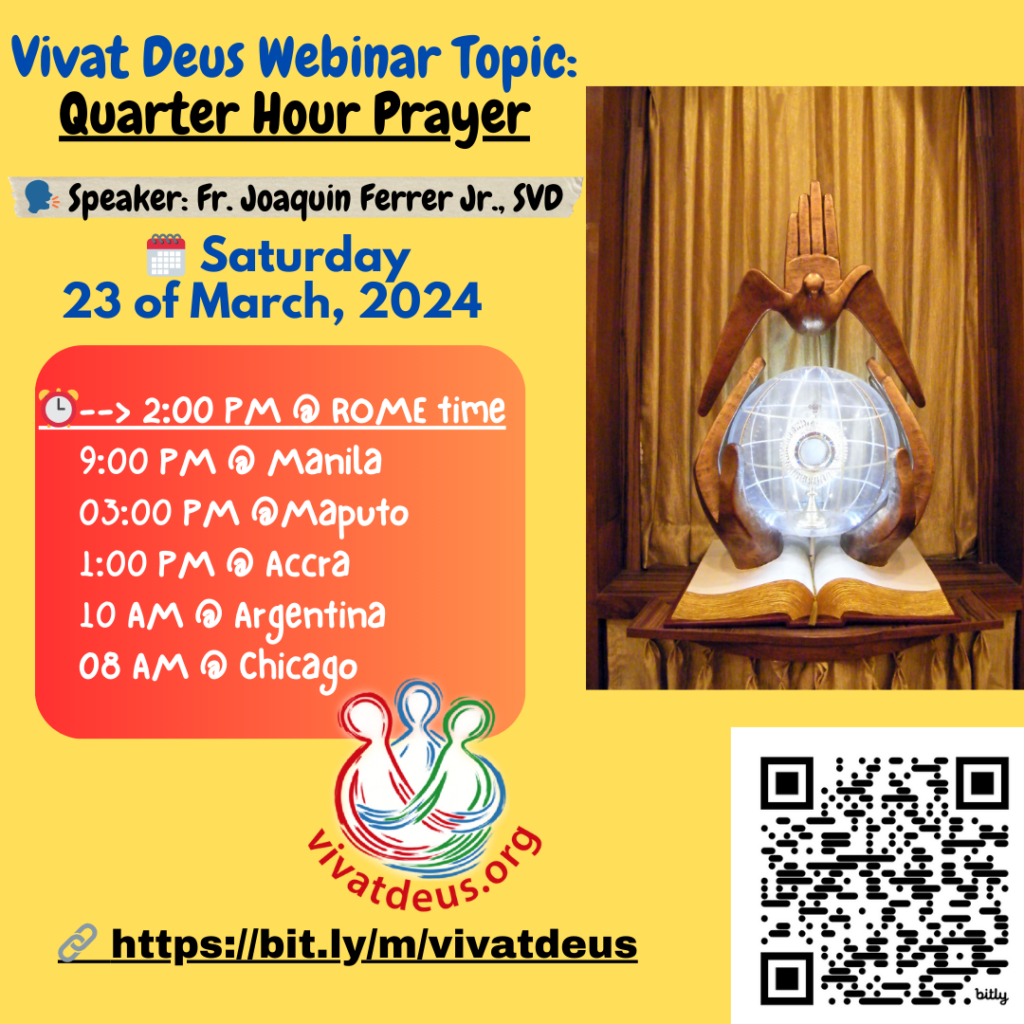
One Response
dear Fr. Antonio Pernia, thank you so much for your deep reflection on this article. You are a spirit-led person who nourish and feed our spiritual life thru your writing. Yes, that’s true that community life is already mission! I would say that community life is the trinitarian mission which embody our whole being/identity as SVD-SSpS.
God bless you abundantly and keep you faithful, fruitful, healthy, and safe
One in Jesus’ mission,
Valentine Oei SSpS